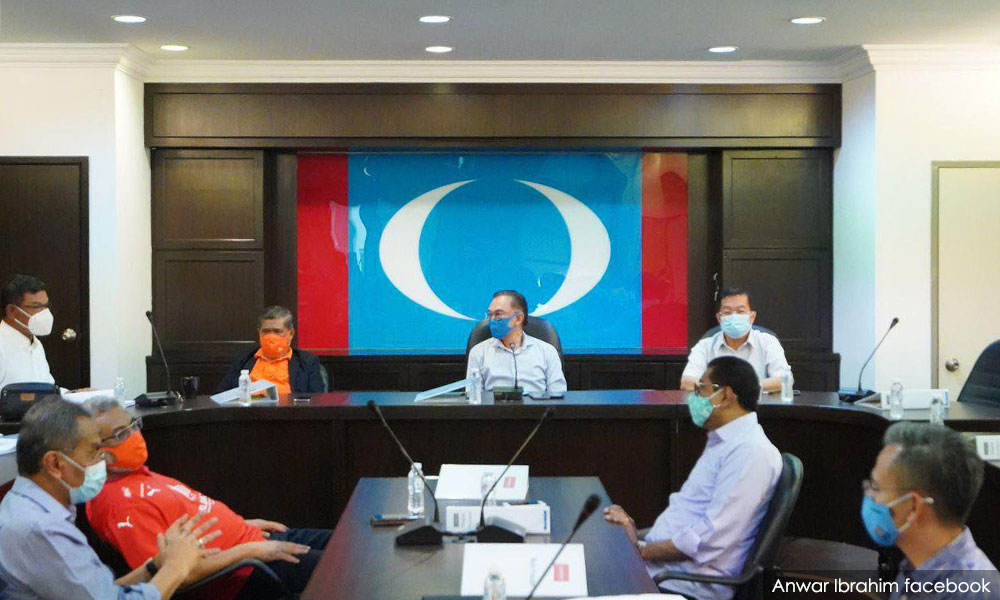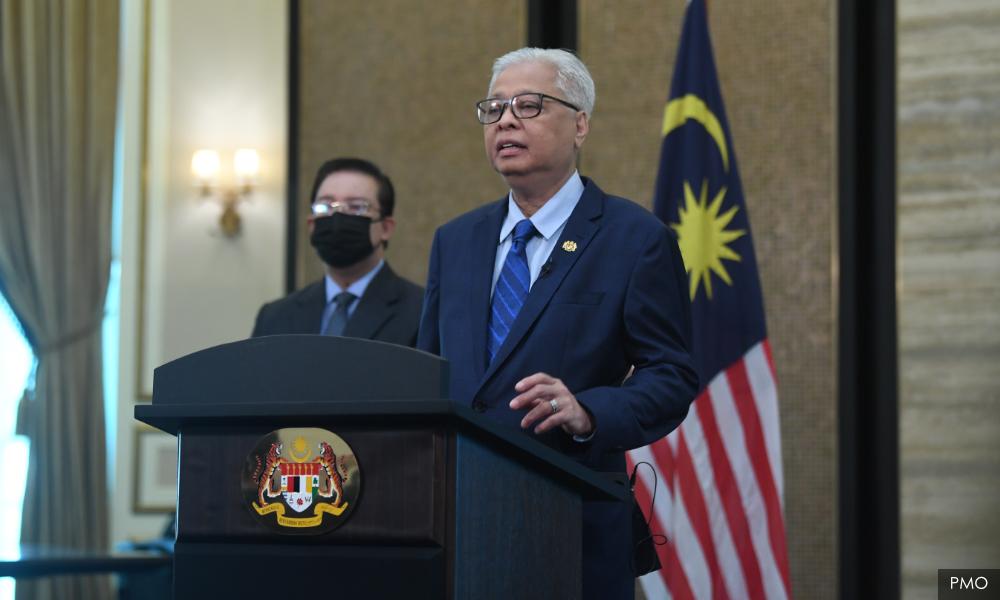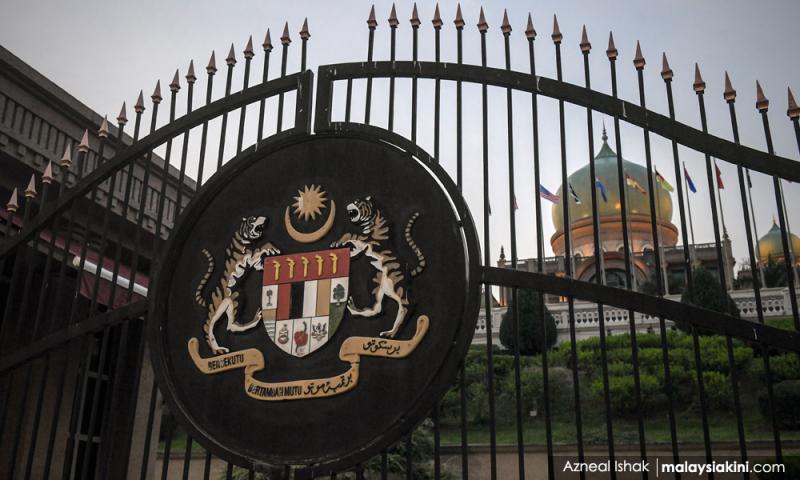LETTER | What it takes to be a good minister
LETTER | The lamentable conduct of our politicians has been well articulated, recorded, and made the butt of jokes by the rakyat - their arrogance, incompetence, lack of compassion, and abuse of positions.
While the Sheraton Move may have markedly brought the issue to the fore, it must be noted that a majority of our politicians from both sides of the divide have already had this image associated with them well beforehand.
Under our country’s political system, the people who elected their representatives to the Parliament do not have the right to directly choose members of the cabinet. This right is the sole preserve of the prime minister.
A politically fragile prime minister who desperately needs support from all sides, however, does not have the privilege of choosing the right people for the right job for his cabinet.
The imperatives of the balance of power and other political dynamics would consequently present him with a limited pool of candidates.
Inevitably, the same incompetent personalities would likely be appointed to the posts.
The opposition’s failure to dislodge the current government, or at least, to come up with a cohesive plan to effectively arrest the decline in the quality of governance is another source of frustration for the rakyat.

The opposition obviously needs to put its act together. Due to these failures, the credibility of opposition leadership has also recently been questioned.
Already, strong voices are heard demanding change in opposition leadership, insisting on greater participation for women, minority groups, and the younger generation.
It is good to have diversity. However, could these candidates deliver results or the rakyat will be left frustrated again?
This could be best illustrated by the recent statement made by the UM student union which raised its concern over the ability of the newly reappointed higher education minister, Noraini Ahmad, a relatively young woman, to lead the ministry.
In this regard, it is obvious that there is a need to ensure that only suitably qualified parliamentarians, regardless of gender, age, ethnicity, and religion, are appointed to the cabinet.
There are criteria to be observed. These criteria are not exhaustive, but basically, they should include the following:
1. They must have the right knowledge and experience to be able to grasp the functions of the ministry they are appointed to. Their learning curve to enable them to master their jobs will be in the shortest possible period of time as the rakyat pays them to deliver results and not be an apprentice in their job.
For example, in higher education, the minister must understand what brought about the decline in quality of academia, how laws governing the universities and colleges could be abused and problems faced by the academics and students who have suffered at the hands of the administrators at their universities.

Another example is the Defence Ministry. The minister must understand matters such as world affairs, what soldiering entails, the training required that will bring about quality soldiering, the equipment and weapons that will give better results and military preparedness.
2. They must have the necessary strategic management skill to provide the right vision and strategic direction to the ministry so that their policies and plans could be well-executed and on time.
Henceforth, they would not feel that their position would be threatened by engaging capable people to help run the ministry, instead of surrounding themselves with their cronies who may not be able to deliver results.
Some of their cronies are even known to be arrogant and could not work with the civil servants at the ministry. A few have also been known to abuse their power and position for financial gains.
3. They must have embedded in their souls the principle of integrity and sincerity, and the strength to perform their jobs without fear or favour and for political survival. With these elements in place, the task of tackling corruption and mismanagement would be relatively easier.

Under the current situation and circumstances, the objective of getting cabinet members with the criteria mentioned above would logically remain unattainable.
The UM student union should be commended for its courage to speak its mind and to openly express its lack of confidence in the ability of the minister entrusted to oversee higher education.
The government should take note of this “vote of no confidence” from the students.
An effective and efficient cabinet calls for the appointment of well-qualified and capable people into its rank.
The current sentiment among the rakyat is that we have a heavily bloated cabinet, full of incompetent ministers that are unjustifiably and highly paid.
The call for ministers' pay and other perks to be reduced, therefore, is quite a reasonable demand.
Competitive perks
Having the right and highly capable people for the right job, however, would effectively put this issue to rest.
As practiced in the cabinet of a neighbouring country, competitive perks are given to ministers to commensurate with their efforts and the results that they produce.
The rakyat would not object to having well-paid, hardworking and sincere ministers. It is having non-performing, clueless and incompetent ministers that they are averse to.
As changing the government for the third time in a span of two years would not bode well for the country which is going through a crisis, political parties should start searching and fielding better-suited members to run for the 15th general election.
The rakyat should vote for capable candidates in GE15, including among independent candidates, instead of along party lines.
If the country is going to be run by another lot of incompetent cabinet ministers, the country may be broken beyond repair.
In the meantime, with the present government, we could start to lobby for capping the term of all members of Parliament, which include the prime minister and cabinet ministers, to a maximum of two terms.
TEH YIK KOON is an academic at a local university.
The views expressed here are those of the author/contributor and do not necessarily represent the views of Malaysiakini.
RM12.50 / month
- Unlimited access to award-winning journalism
- Comment and share your opinions on all our articles
- Gift interesting stories to your friends
- Tax deductable
